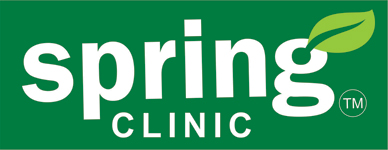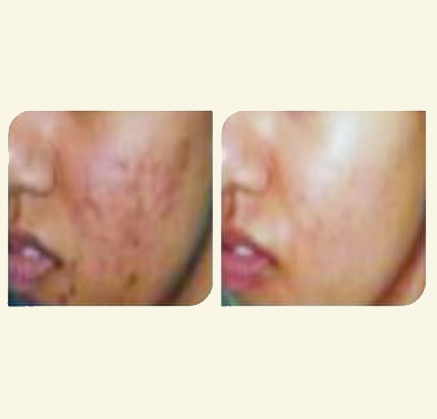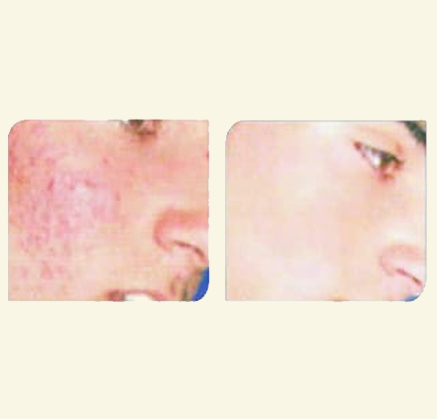- Home
- About Us
-
Treatments
- Skin Treatment
- Derma Roller Treatment
- Peels Treatment
- Meso Facial Treatment
- Facial Rejuvenation Treatment
- Botox and Filler Treatment
- Scar/Stretchmark Removal Treatment
- Pigmentation Treatment
- Pimple Treatment
- Anti Aging Treatment
- Tattoo Removal Treatment
- Iontophoresis Treatment
- Allergy Tests
- Vitiligo Surgeries
- Ear Lobe Repair
- Hair Treatment
- Body Treatment
- Allergy Treatments
- Obesity Treatments
- Vascular Treatments
- Plastic and Reconstructive Surgery Treatments
- Nail Treatments
- Skin Treatment
- Gallery
- Machines/Technologies
- Testimonials
- Contact Us
- Appointment







